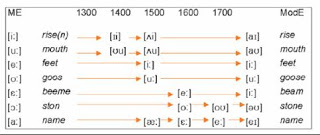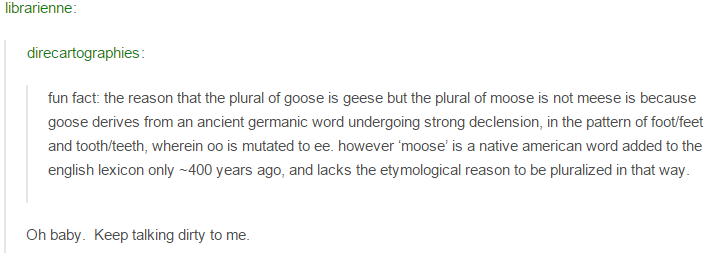As seen in Part 1, complexity is a difficult subject matter to handle and gauge due to its subjective matter. Does that mean then that all languages are equally complex? And is this complexity natural? By natural, we mean to say that over time shifts in languages tend to happen and similar to the case of pidgins and creoles, languages get more complex structurally. These are the two questions we will be addressing in this section.
3.1 Are all languages complex?
Given the subjective nature of complexity and all the debates surrounding the topic, it appears that all languages are equally complex. It is also possible that where a language is complex in one aspect, it makes up for it by being simpler in another. For example a language might use only three tenses; the simple past, present and future but have a complicated article system. This is known as the ‘Theory of Equality’ This theory was first used philosophically in referring to public administration by Dworkin.
However as logical as this seems, there has not been any concrete empirical evidence in support of this theory. Scholars have yet been able to prove that when a language simplifies in one area, it complicates in another. As such, despite the logical facade of this theory, it has yet to be proven. Therefore we cannot conclusively say that all languages are equally complex. “mcwhorter”
There have been attempts at acquiring empirical evidence by researchers Fermin Moscoso Del Prado and McWhorter. However as the research is complex in nature, we have decided to not incorporate it to our wikichapter. Linguistically inclined readers looking for more in depth and academic information may use their work as a starting point.
3.2 Is Complexity natural?
Though we cannot assume each language is as complex as the next, we can say confidently that complexity in a language is a natural process, as will explained below.
The complexity in a language is a testament to the maturity of a language. As languages get spoken, over periods of time they will begin to grow to be be more specific depending on the needs of their it’s users. Also, as the language grows in number of speakers and gets passed down the generations, more accents and sociolects are created and enforced or rejected that can often cause phonological and structural changes to a language. For example the Great Vowel Shift in English between the 12th and 16th Century in England.
Here is a picture explaining that vowel shift. This image shows the vowel shift in English which resulted in many sounds changing as you may note from the image below. This change did not occur all at once but took 4 centuries before it stabilised. Due to the large timeframe of this shift, it cannot simply be attributed to either political or social changes. Rather it was an amalgamation of causes that resulted in this shift. As such it is seen mostly as a natural shift that languages go through. In many cases, languages shiftt to what is easier and requires lesser effort on the part of the speakers to produce.

The borrowing of words from other languages especially in this increasingly connected world can also cause languages to become more complex. You can see the effect on the complication of language like in the Goose-Geese but Moose-Moose, singular and plural as explained in this succinct tumblr post.

If languages never matured and became more complex they would remain as creoles. Evidence that complexity is a marker of maturation are languages like Tok Pisin that start off at a rudimentary level and are Pidgins but later gain complexity and become Creoles. More on this can be found in 5. Role of Pidgins and Creoles in Linguistic Complexity.
[Back to Table of Contents]